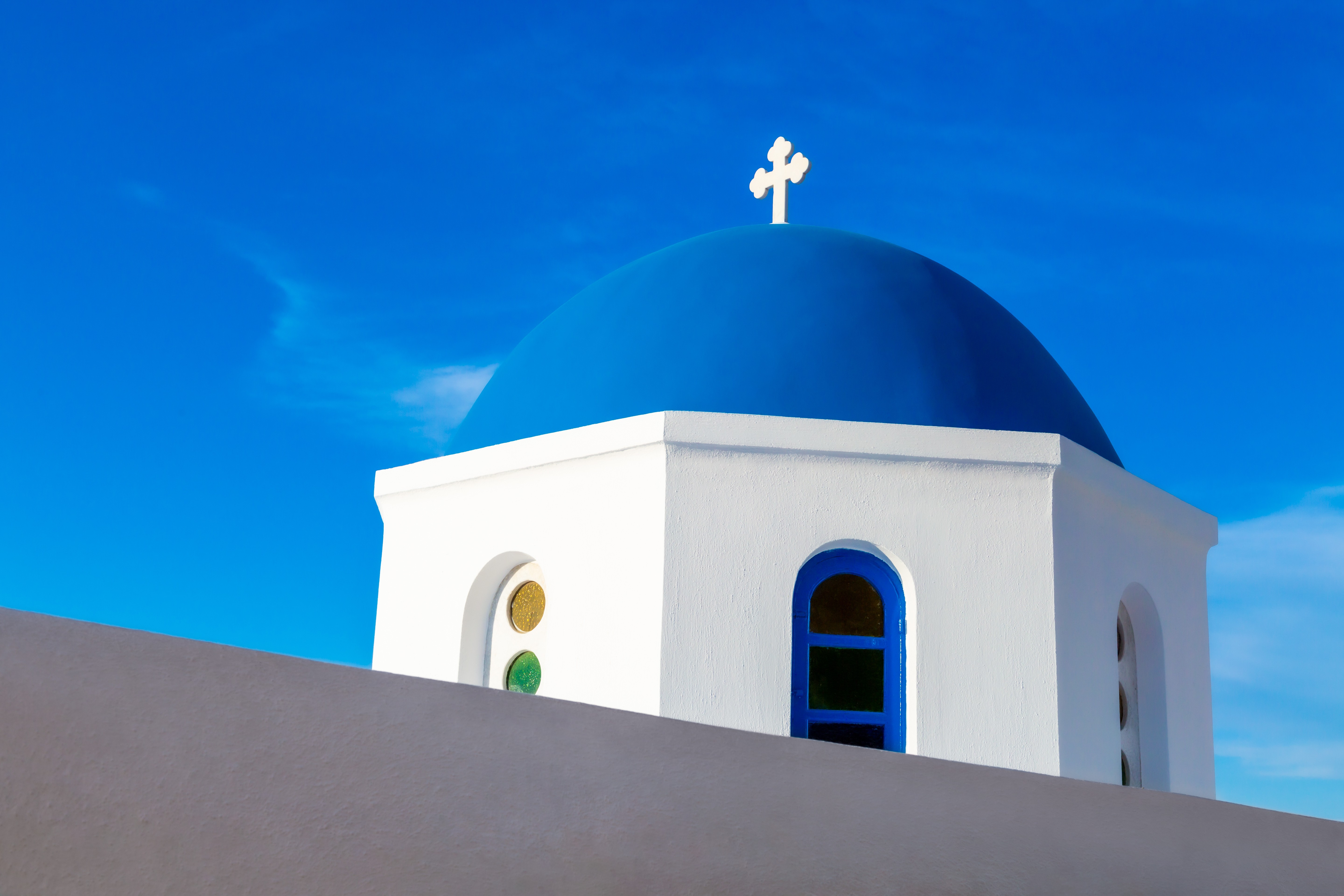How Religious Values Drive Policy Making in Various Countries

Religion has long played a significant role in shaping societies and cultures around the world. Beyond personal beliefs, religious values often influence political decisions and policy-making processes across various countries. Understanding how religion continues to impact politics helps shed light on global governance and international relations today.
Historical Influence of Religion on Politics
Historically, many civilizations have intertwined religion with governance. In ancient times, rulers were often seen as divine or chosen by deities, which granted them both spiritual and political authority. This fusion of church and state laid the groundwork for religious doctrines influencing laws and societal norms, a legacy that still affects modern political systems.
Religious Values Guiding Policy Decisions
In contemporary politics, religious values continue to shape policies on issues such as education, healthcare, human rights, and family laws. For example, countries with strong religious majorities may enact legislation reflecting moral perspectives derived from their faith traditions. These can include laws regarding marriage definitions, abortion rights, or alcohol regulations influenced by religious teachings.
Examples of Religion Impacting Political Landscapes Globally
Several nations illustrate how religion influences politics distinctly. In the Middle East, Islamic principles guide legal frameworks in countries like Saudi Arabia and Iran. Conversely, predominantly Christian nations such as Poland see religious groups actively participating in debates over social policies. India’s political scene also reflects Hindu nationalist sentiments impacting governance decisions.
Challenges Arising from Religion-Based Policies
While religion can provide ethical guidance in policymaking, it also presents challenges when diverse populations hold differing beliefs. Policies rooted deeply in one religion might marginalize minority groups or conflict with secular principles aimed at ensuring equality for all citizens. Balancing respect for religious values with inclusive governance remains an ongoing global challenge.
The Future of Religion’s Role in Politics
As societies become increasingly interconnected yet culturally diverse, the role of religion in politics is evolving. Interfaith dialogues and secular frameworks are gaining importance to accommodate pluralistic views while respecting faith-based perspectives. Understanding this dynamic will be crucial for policymakers striving to create fair and representative governments worldwide.
Religion undeniably continues to shape political decisions across various countries by influencing policies through deeply held values and traditions. Recognizing this influence helps foster informed discussions about governance structures that honor cultural diversity while promoting inclusive development.
This text was generated using a large language model, and select text has been reviewed and moderated for purposes such as readability.


